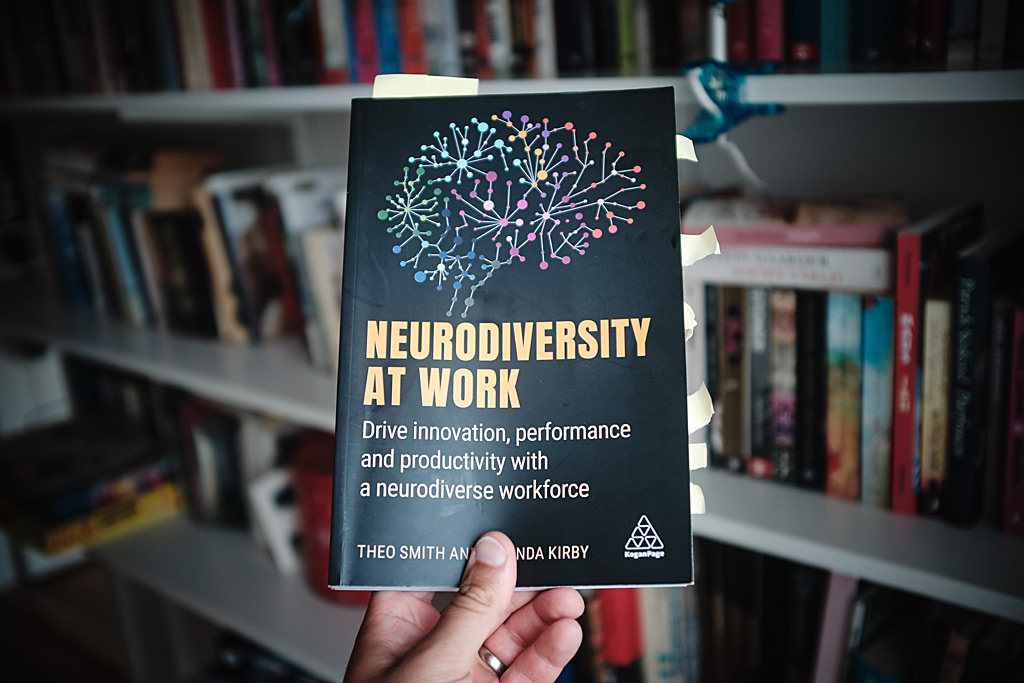Lästips/Läsdagbok (46 & 47): "The Weirdest People in the World" och "Neurodiversity at work".
Läser dessa två parallellt just nu. Två vitt skilda ämnen men ändå så många beröringspunkter...
En personlig sammafattning av den första:
Immensely interesting book based on the hypothesis that people in the West, Educated, Industrialized Rich and Democratic (WEIRD) are the weird ones (seen from an historical and global perspective) since we’ve become highly individualistic, self-obsessed, analytical and non-conformist.
Where does the cultural evolution that has made us weird stem from? It turns out that it is much thanks to the church, primarily protestantism. Protestantism sparked literacy. Embedded deep in protestantism is the notion that individuals should develop a personal relationship with God. To accomplish this people needed to read and interpret the bible themselves (to avoid being sent to Hell). The more people believed in heaven and hell the faster the economic growth. Reformation occurred with the introduction of free education for the poor etc..
The church stumbled onto a collection of marriage and family policies that demolished Eurpoes intensive kin-based societies. This transformation of social life propelled the population down a previously inaccessible pathway of social evolution and opened the door to voluntary associations, impersonal markets, free cities and so on. Monogamous marriage changes men psychologically and hormonally - suppressed male-male competition, reduced crime and violence broadening trust and long term investment and boosting commerce and trust. Monogamous marriage made people more egalitarian and less authoritarian.
Cultural scaling was made possible thanks to “imagined communities” - broad networks of strangers connected by shared beliefs and belonging to these became much stronger than kin-based relationships.
Much of the above explains why we feel guilt (for perceived individual failures) and why in other societies people feel shame (for perceived failures amongst members in the extended family).
Another interesting result is that we identify ourselves primarily with individualistic traits (for example “I am a mechanic” or “I am a scientist”) while in kin-based societies primarily with social context based traits (“I am the son of David”).
During this cultural evolution traits like the below developed - many of which we consider fundamental for the way of life we know:
- Guilt over shame
- Low conformity and deference of tradition/elders
- Patience, self-regulation and self-control
- Time thrift and hard work (vaue of labor)
- Desire for control and love of choice
- Trust, fairness, honesty and cooperation with anonymous others, strangers and impersonal institutions
- Emphasis on mental states, especially in moral judgment
- Muted concerns for revenge
- Reduced in-group favoritism
- Moral universalism: thinking that moral truths exist in the same way mathematical laws exist.
- Analytical over holistic thinking
- Attention for foreground and field independence - being able to isolate objects from the background
- Overvaluing of own stuff and overconfidence


No comments:
Post a Comment